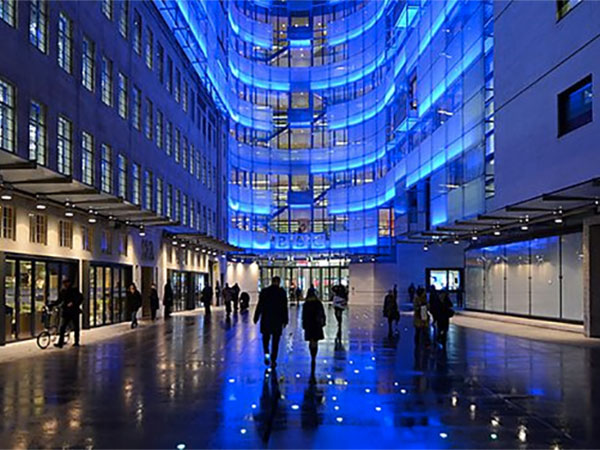 A report presented to MPs says the BBC’s commercial activities are facing major changes to the environment in which they operate.
A report presented to MPs says the BBC’s commercial activities are facing major changes to the environment in which they operate.
The National Audit Office says audiences are spending less time watching TV channels and buying fewer DVDs than they have previously. At the same time increased viewing to subscription video on demand services including Netflix and Amazon is impacting traditional pay-TV audiences.
Such changes are being felt by BBC Worldwide – which represents 90 per cent of the BBC’s commercial revenues – and has seen profits fall by 68 per cent from 2012-13 to 2016-17.
In November it was announced BBC Worldwide, which sells TV content and formats internationally, would merge with the newer BBC Studios business.
The NAO says the BBC has benefitted from the increased investment in content through its purchase of equity stakes in independent production companies but warns that advertisers moving their budgets online ja put pressure on the traditional models of running TV Channels.
A spokesperson for the BBC said: “We welcome the conclusion of this review from the NAO that our commercial activities create important additional value for licence fee payers. Over the past five years, BBC Worldwide alone has generated almost £1 billion for programmes and services for UK licence fee payers – ensuring even better value for money. Given the financial challenges facing the BBC, maximising our commercial revenue will continue to be vital.”
There’s also praise for the BBC over the May 2017 decision to close the BBC Store at a cost of £12,5 million. It says lessons had been learned from the controversial 2013 disposal of Lonely Planet at a cost of £80 million.